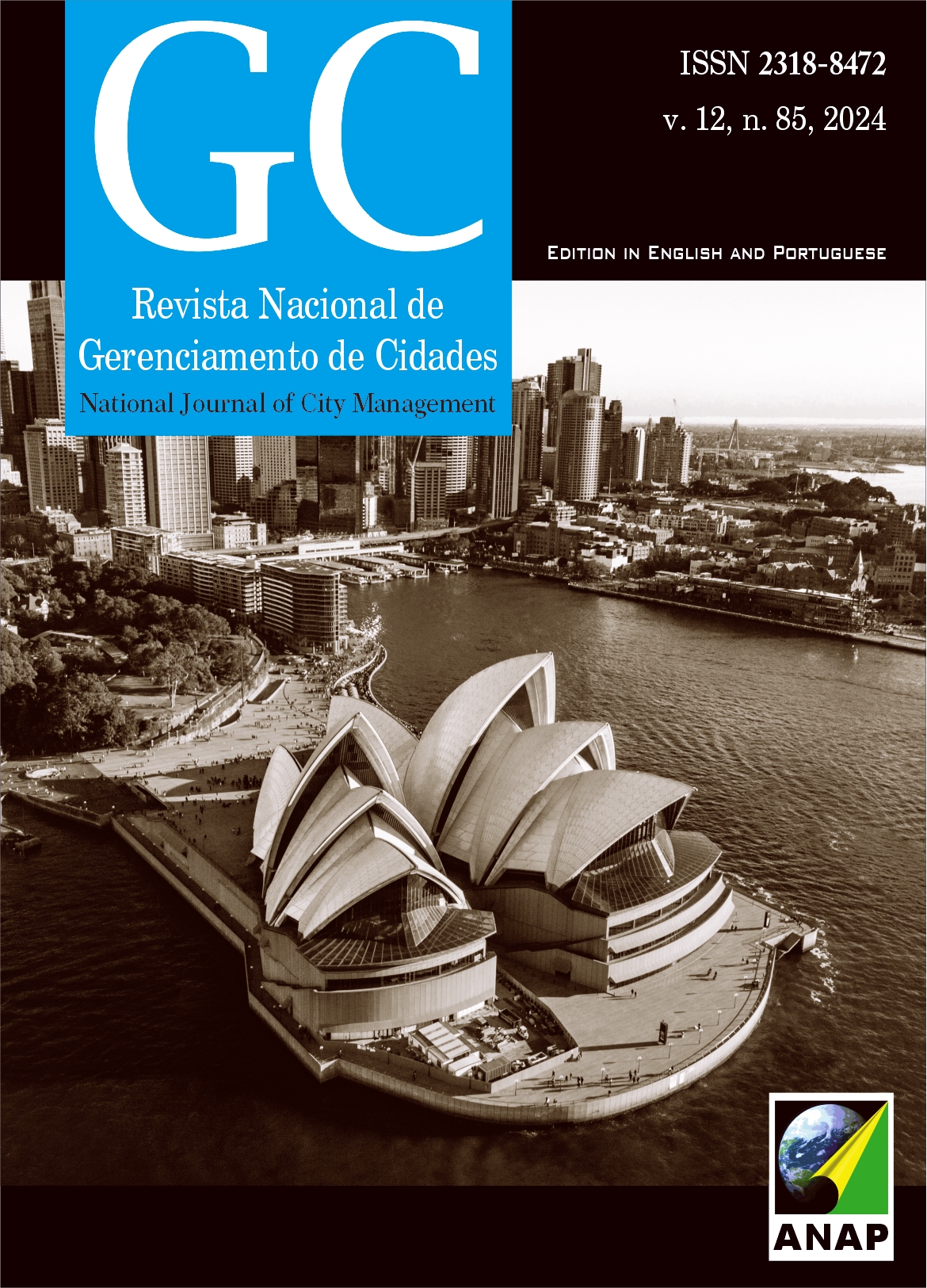Urban occupation and surface runoff in cities: a study case in Piracicaba - SP
DOI:
https://doi.org/10.17271/23188472128520244856Palavras-chave:
Runoff, urban occupation, floodingResumo
This study analyzes how uncontrolled human occupation can negatively impact surface runoff conditions in urban environments. For this purpose, the study assesses the correlation between rainfall, Piracicaba River flow and the urban occupation growth regarding the incidence of floods in Piracicaba-SP. To address the research question: Is the increase in flooding caused by the increased population density? The following data was used: flow and precipitation data in the urban perimeter, obtained from the Piracicaba Water and Electricity Department; population and density data from five neighborhoods based on the "Google Earth Pro" software, covering sixteen years of study. The findings indicate that three districts experienced increased flooding, while two other well-established districts did not encounter significant changes in flood frequency.
Downloads
Referências
Publicado
Edição
Seção
Licença

Este trabalho está licenciado sob uma licença Creative Commons Attribution-NonCommercial-ShareAlike 4.0 International License.















